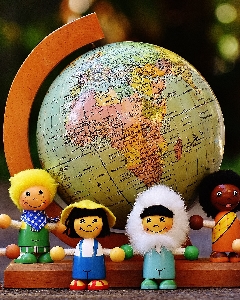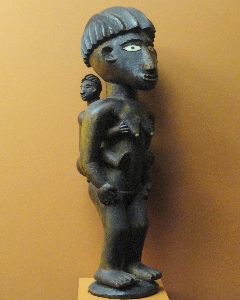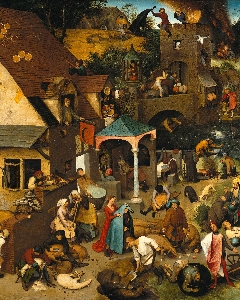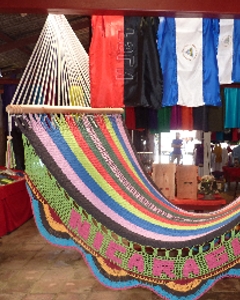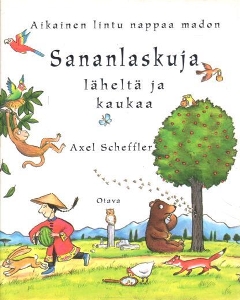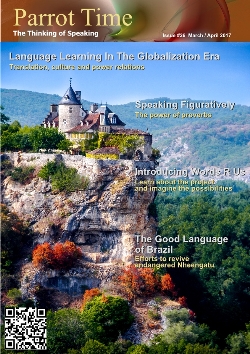Language Learning In The Globalization Era:
Translation, Culture And Power Relations

|
On translation Today's language learners are likely to be tomorrow's translators. That is, they will help perpetuate traditions and/or save some people's culture and history. In relation to the translation theories that may help think of the process, I have read an article of Professor Paul Bandia entitled Is Ethnocentrism an Obstacle to Finding a Comprehensive Translation Theory? There is a passage where he clearly shows that no theoretician is just "innocent (my own term)", and I would like to bring it herein. My comments only aim at instilling some conversation and the interpretation is all mine. Professor Bandia said: The multidisciplinary foundation of Translation Studies (TS) appears to be on shaky ground as finding a common voice in this "babelic" approach to TS is still quite elusive. There is a tendency for each school of thought to want to tighten its grip on TS sometimes to the exclusion (or detriment) of other views. Defining one's approach by merely seeking to destroy others will certainly not take us very far. The situation is further complicated by a strong desire for cultural (nationalistic) assertion, which is rather ironic as TS by definition deals with at least two cultural systems. Given its bi-lingual and bi-cultural nature, one would expect TS to be more of a "negotiating" (or cooperative) discipline rather than one in which different ethno-cultural groups try to score points. Most books dealing with scholarly research in TS today have their ethno-cultural agenda to push. (Bandia, 1995, 488)  This caught my attention because from what he said, two essential strands may surge: an ideological etnoculturalism and a corporate etnoculturalism, even though the proper term "etnoculturalism" is already ideology implicit. The first one, the ideological ethnoculturalism, relates here to the academic ego, will of power and control. We know, and it still happens in some minds, that translation both as a profession and as a research field has always been linked to others fields of study. Of course, studies have shown that the collaboration of Translation Studies (TS) with other fields of study has been really fruitful to some extent principally in the early 1990s when "culture" (the so-called cultural turn) came to occupy a central position in the field. While some seized this openness as an opportunity to expand and root their ideas and visions, others celebrated it as an occasion to affirm themselves and reach as many people as possible. Not only are this type of ideological disputes common and resistant to time, they are also required for knowledge to surge and perpetuate. Nonetheless, in the context of ideological ethnoculturalism, the celebration revolves around the researcher's culture or his school of thought. Newly born and weak schools and cultures might be trampled. How many research works have been carried out in our Universities? So many. But how many researchers refer to them? Ideological ethnoculturalism may be so deeply rooted in a society, in an academy that local studies may tend to sentence their own findings. 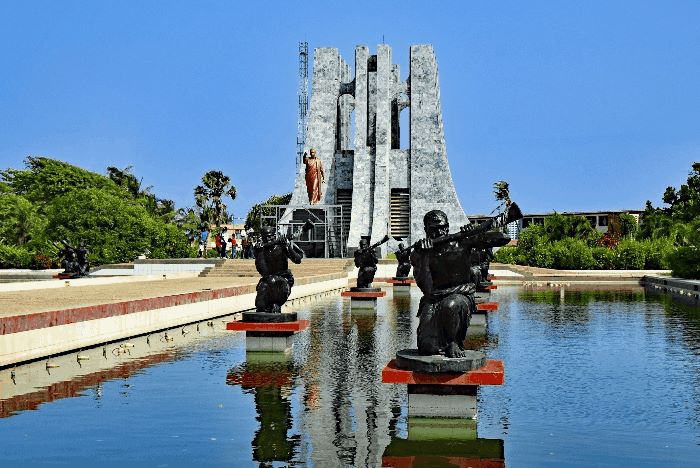 The real point, I think, is that one should learn to value what one has available. Both professors and students should learn to mutually highlight their respective achievements. To give you an example, during the writing of his doctoral thesis, a friend of mine wanted to use a Brazilian thinker and another from Congo to talk about discourse formation and his advisor would impose him to use Foucault's Archeology of knowledge. If the advisor belongs to or subscribed to a school of thought, shall his advisee do the same? Absolutely not. Some advisees even feel impelled to quote their advisors to please them and/or draw the attention of the latter on their research, or to easily fit in the system. Then one sees that students begin to gradually lose self-confidence and come to partly or totally depend on their advisors. Even if there is no reason to generalize, though these situations exist and may be a direct consequence of a strong ideological etnoculturalism. This impact is more visible in "ex-colonies" and in so-called "peripheral cultures" where there seems to be a space to conquer. With regard to corporate ethnoculturalism, it refers to the mercantile culture of the actors involved in the interaction. It highlights that such actors are moved by a business agenda, self-achievement and fame. Translation Studies cannot and do not miss that point. And translators, most of the time, closely depend on the Editing system which from one country to another can be more or less conservative. In spite of the fundamental role internet (let's say technology overall, TV) has played in reducing this gap, researchers can now promote their own works, and translators can explore new markets be they e-translation, subtitling, etc. 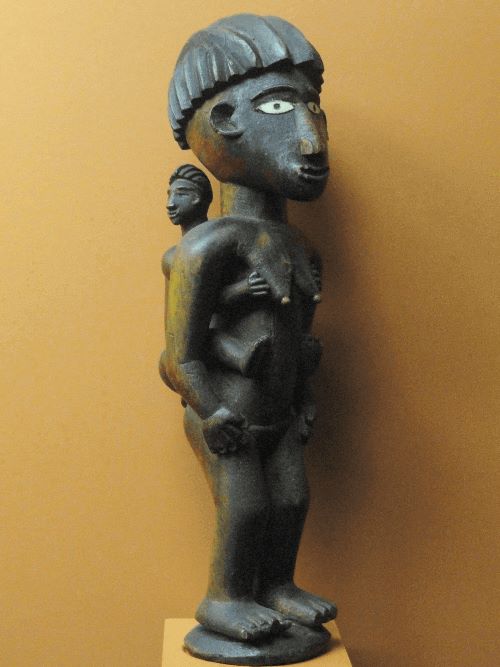 Wait a minute! Editors continue to control the distribution line. Their long-time relationship with academia certainly helps maintain their power. Being in control of the market, they can dictate its laws, and therefore [re]frame the rules whenever need be. So, who is that powerful Editor? What is the problem? How to cope with it? Related to the African context, the creation of Présence Africaine by Alioune Diop and Silex by Paul Dakeyo has given Africans anthologies a new breath and serve as a response to the issues just raised. African literary works in general and francophone African literature in particular, during and after the colonial Era, were edited in Europe. No need to say that writers' discourse could not be the same if they owned publishing companies. This is absolutely essential in the corporate ethnoculturalism' chain. It is a network. In the corporate ethnoculturalism, even, theories' role is to meet the needs of the institutions they belong to. There is no doubt that in both cases, ideological and corporate etnoculturalism, when the migration flows go from North to South, it is always prejudicial for African languages, literature and cultures. So here is a tip: Choose your own hero! 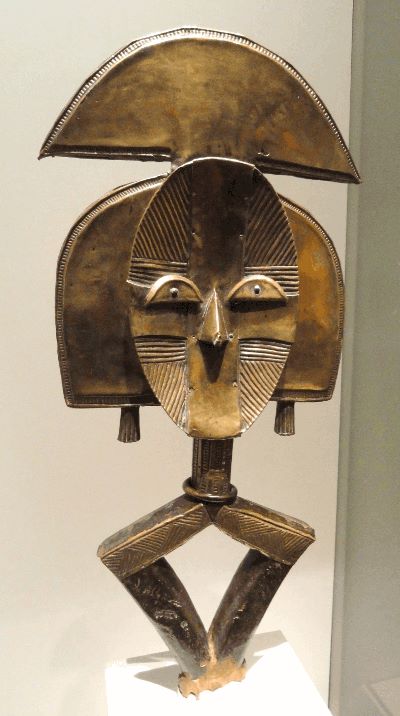 You have certainly noticed that, up-to-now, no theoretical mention has been made in compliance to Africa. One could wonder if Africans had a different agenda at that time. Those who lived in their countries, perhaps. They were busy thinking how to avoid unfortunate situations like the Rwandan calamity, the Biafra war, repeated coup d'états, constant war in Soudan, picking up chronic famine victims in Somalia, etc. At that time, the idea of globalization was also being spread in a continent where some people, due to many factors, would fight for their daily subsistence. The education system was being reshuffled. When I was a kid, I lived in a city called Korhogo generally referred to as "Région du Poro" – Poro Region in the North of Côte d'Ivoire. I guess you are asking yourself what this might mean. The substantive Poro, misleadingly associated with a mask, is the name of the whole tradition in the region. Before a young boy becomes a man, he has to undergo some rituals. He has to prove himself to worth being called man. In that practice, we have heroes; people who impacted the traditions. People who will forever remain legends for future generations. In the life of the majority of African languages about 2, 000 now, many achievements have been done through history for before the exploration of the continent. Other Africans before and after the Egyptian Era have contributed to knowledge building. The misunderstanding of the way they managed and transmitted their knowledge may have betrayed them and condemned them to status of non-existence. For instance, the social organization of Agni people in Côte d'Ivoire and Zulu in South Africa, just to mention two examples, in terms of education, philosophy, and politics seems not to suffice. I understand why many people think, although tacitly, that the intellectual production of Africa began with the contact with European explorers. That is not correct. Those of the Africans who stood up against any kind of enslavement were made public enemies, like the case of Samory Touré. Time is ripe, perhaps, for us to all engage in a didactical project to mold, little by little, people's conception on those topics. Of course, it will not change from day to night. 500 years of enslavement will not vanish as if it was a mere dust. I salute here the efforts of my friend John Rigdon who invested himself in promoting the Haitian language, literature and culture. Before him Ngugi wa thiong'o, Thomas Mofolo, and many writers in the Northern Africa, had explored that approach in their respective living places. When one learns a language, one is, most of the time, going to be fascinated by a historical figure whose trajectory is depicted in the literature. Willingly or not, that figure will influence and condition the learner's vision of that culture and of those people. Yéo N'gana is a Ph.D Candidate in Translation Studies (PGET/PEC-PG) at the Federal University of Santa Catarina (UFSC), Brazil. He is interested in Textualization Process, African Literature, and Cultural Translation. |
| Language Learning In The Globalization Era | |||
| Writer: | Yéo N'gana | ||
| Images: | |||
| |||
All images are Copyright - CC BY-SA (Creative Commons Share Alike) by their respective owners, except for Petey, which is Public Domain (PD) or unless otherwise noted.
comments powered by Disqus

